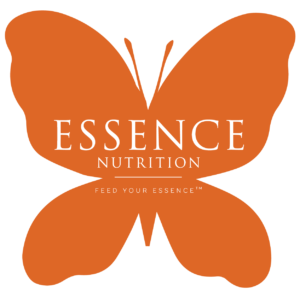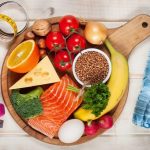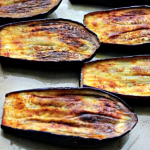Monica’s Anti-Inflammatory Manifesto
Mic tap 123… I’ll just step onto my soapbox of quinoa pasta for a moment about eating in a way that discourages inflammation. I was introduced to this concept during graduate school when I worked in a top cancer outpatient center counseling patients undergoing cancer treatment. I’ll never look back.
Inflammation in the body is caused by all sorts of demons: environmental pollutants, stress, and something we can control: our diets. Inflammation is regulated by our immune systems. Certain foods are pro-inflammatory and certain foods are anti-inflammatory. We can measure the degree of inflammation in the body by certain laboratory testing, like CRP/Sedimentation rate, and by clinical symptoms like joint pains, GI disturbances, headaches, asthmatic conditions, hormone imbalances, etc. We are not discovering that virtually every health woe, from obesity to diabetes to cardiovascular disease, has to do with inflammation.
Many conditions/diseases, called autoimmune diseases, stem from a dysfunction of immunity. It’s important to manage these conditions with a physician, drugs, and medical therapies but equally as important to manage these conditions with an anti-inflammatory diet. Many symptoms of diseases like ulcerative colitis, lupus, Crohn’s disease, rheumatoid arthritis, allergies, chronic sinusitis, asthma, multiple sclerosis, Hashimoto’s, psoriasis, etc. can be controlled with an anti-inflammatory lifestyle.
As someone who suffers from a chronic autoimmune disease, I am well versed in creating customized anti-inflammatory diets for my clients. Here are the basic tenets which I hope you will heed and join me in creating a soothing physiological environment for your body.
1. Consider anti-inflammatory supplements, with your physician’s blessing. Many herbs/spices/nutraceuticals are potently anti-inflammatory like ginger, turmeric, garlic, cinnamon, fish oil, probiotics, Vitamin E, CoQ10, and green tea. Nutrients are always best absorbed as whole, natural foods but sometimes supplementation can be beneficial/necessary.
2. Banish gluten, dairy, and GMO soy from your diet. I know — but ummm what is there left to eat? TONS of things! The anti-inflammatory diet celebrates:
- all fruits and vegetables (avoiding “nightshades” like tomatoes/eggplant is hocus pocus.) Always opt for organic produce.
- All beans, legumes
- Mushrooms, especially those that end in -ake. They are splendidly anti-cancer and anti-inflammatory.
- All nuts/seeds + their corresponding nut butters (cashew butter, I see you)
- All spices/herbs/seasonings (salt-free)
- Wild, fatty fish like salmon and herring
- Avocado, avocado oil, coconut oil, and olive oil
- Whole gluten-free grains and starch like brown rice, quinoa, quinoa pasta, brown rice pasta, squash, sweet potato, teff, amaranth, millet, buckwheat, soba, freekeh, gluten-free oats
- Fermented soy like tempeh, miso, and organic edamame
- Red wine (hurray!) and dark chocolate (organic, over 80% cacao content, double hurray!)
These days, it’s so easy to transition to a gluten-free/dairy-free lifestyle. The alternatives to dairy and gluten are endless, fun, and can be even tastier than the “real” stuff. (But for heaven’s sake, do not attempt your own nut mylk. See the disaster HERE. Visit the Essence Pinterest page here for oodles (did someone say zoodles? Zucchini noodles??) of anti-inflammatory recipes and tips. So many of my clients have had success with this diet and feel so relieved to have discovered it. I would be thrilled to help you design your own anti-inflammatory plan, even if you don’t have an autoimmune disease. Just for funsies. It’s a holistic, well-balanced, healthy way of eating for ANYONE. But not Madeleine.
Essentially Yours,
Monica






